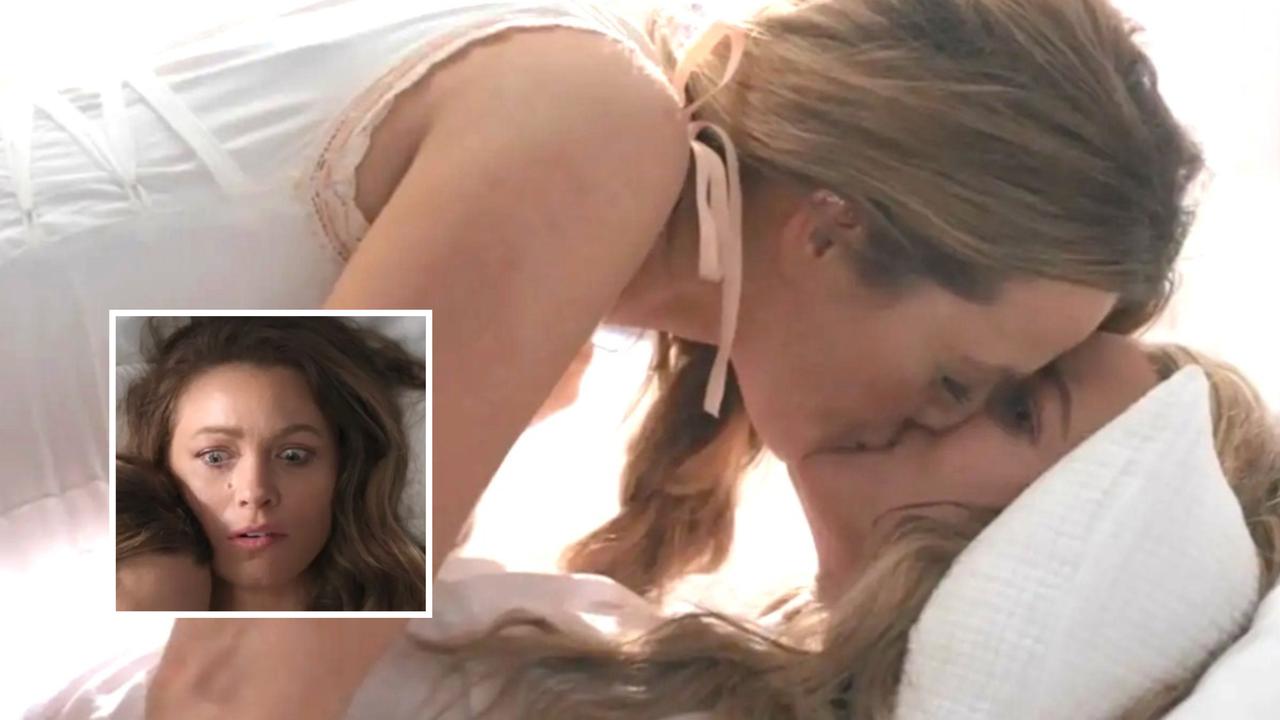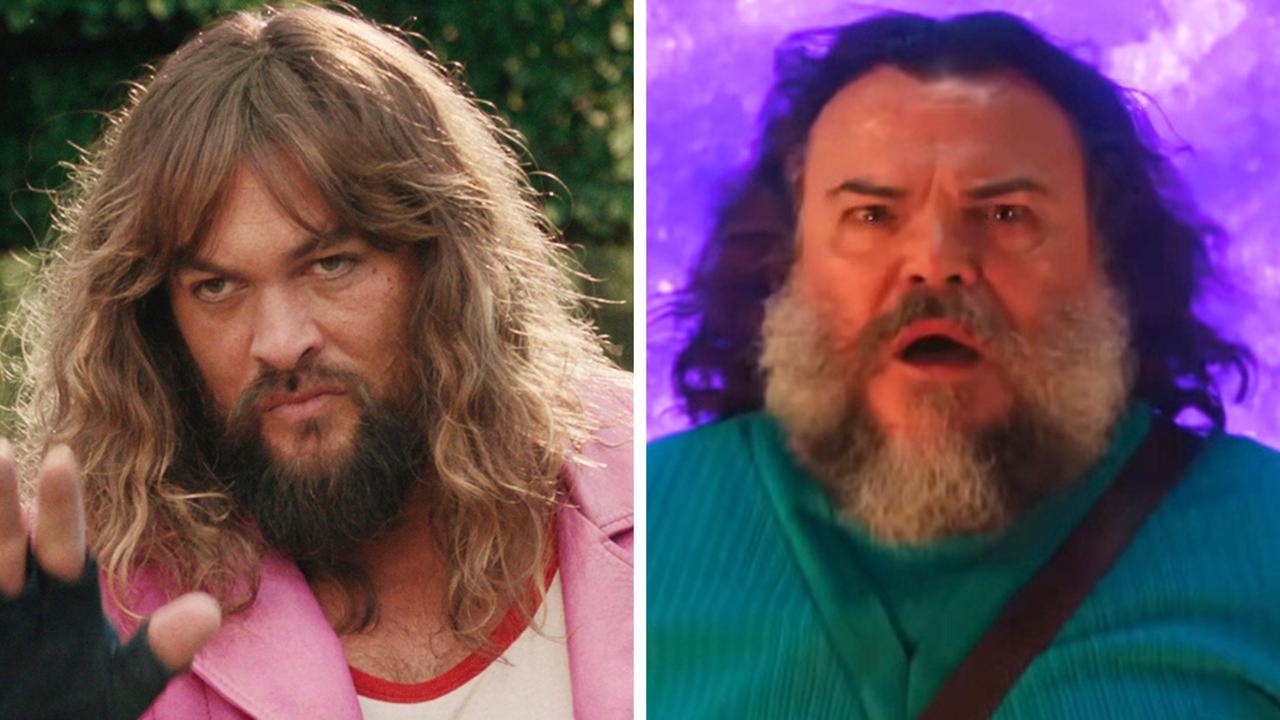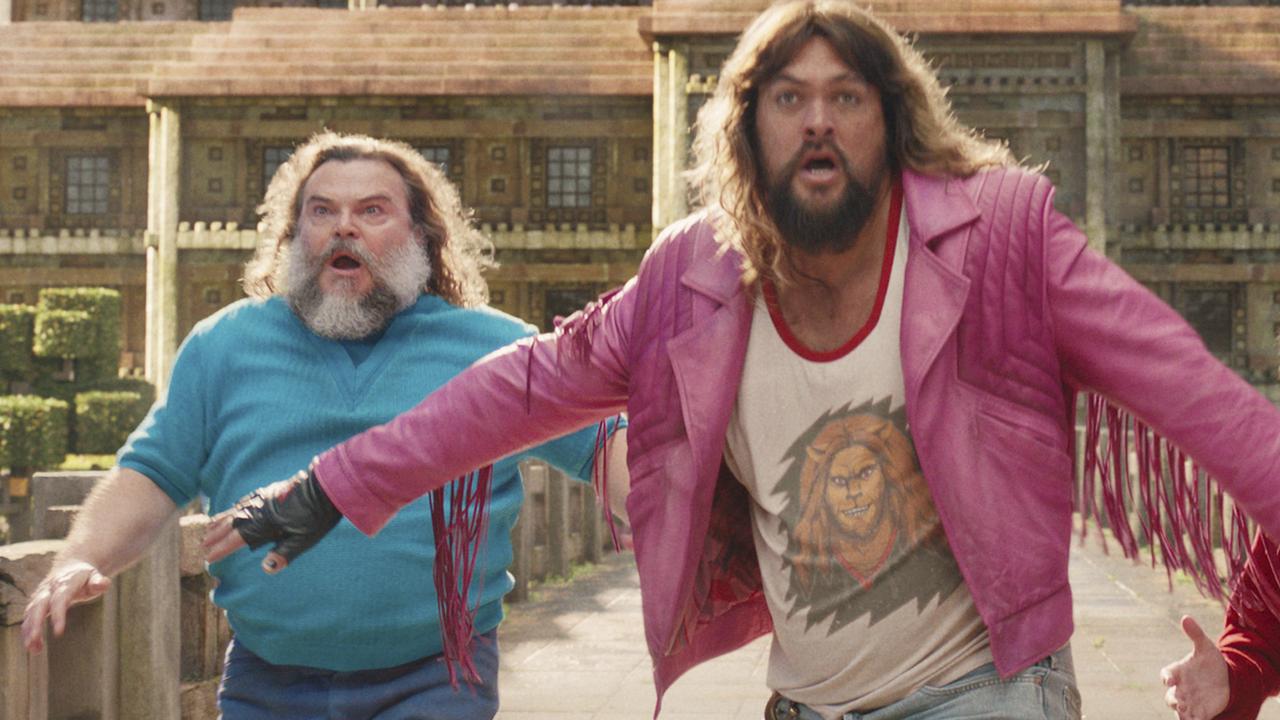Honey Boy director Alma Har’el on working with Shia LaBeouf
Shia LaBeouf was riding high on a wave of success when he started getting into drunken altercations. But he was hiding an enormous pain.
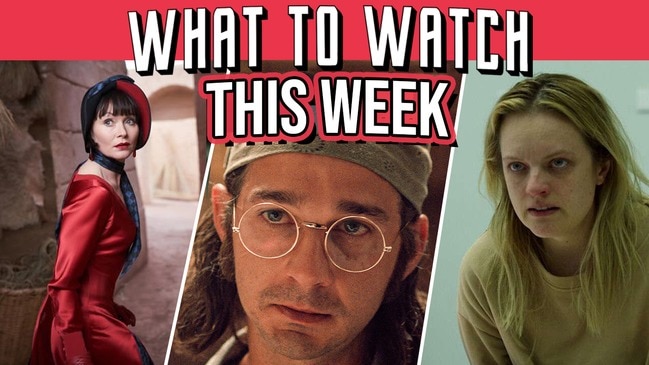
Behind the screaming headlines about drunken arrests and run-ins with the police, Shia LaBeouf was a man in pain.
When bodycam footage was released of the 2017 incident between LaBeouf and cops in Georgia, he thought his career was over, he told the LA Times. It wasn’t even the first time.
While in court-ordered rehab, LaBeouf was diagnosed with PTSD, stemming not from what we usually perceive PTSD to originate from – war, terror attacks – but from his childhood experiences with his alcoholic father.
LaBeouf started to write about it, but not in a diary or a journal. He started to write it as a screenplay, which became the critically acclaimed Honey Boy. In the film, he plays his own father in what one could argue is a form of extreme exposure therapy.
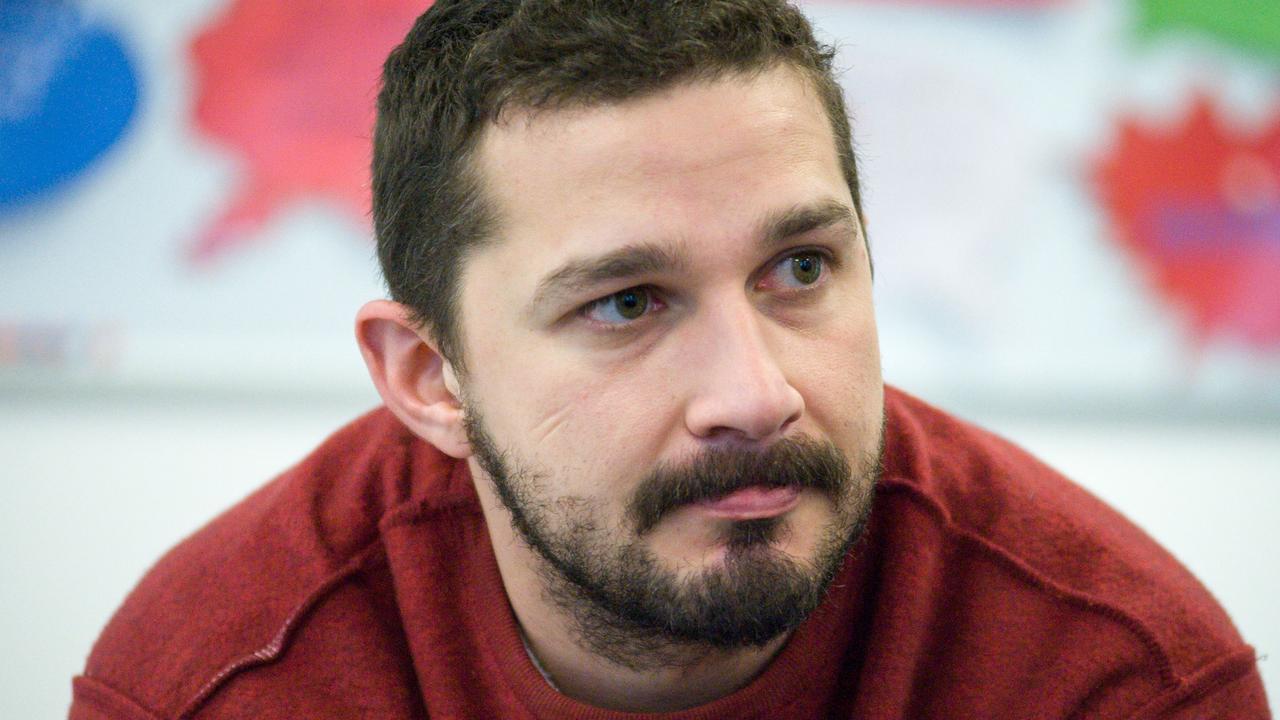
As he was writing, he started sending pages to his friend, Israeli-American director Alma Har’el. Har’el and LaBeouf met some years earlier after he came across a DVD copy of her documentary Bombay Beach and later collaborated on another documentary and a Sigur Ros music video. Honey Boy is her first scripted feature.
“I didn’t know Shia could write like that,” Har’el told news.com.au. “I’ve seen things he’s written before but nothing like this. The characters felt like they were written from the inside out.
“Obviously my love for Shia in general (made me want to make the movie), and what he went through – and people didn’t know what he went through.
“In Shia’s script, there was more compassion towards his father than towards himself. In a way, that’s what made it interesting. It wasn’t, ‘Woe is me, my dad was a horrible person and I wanted to feel sorry for myself.’ What made it interesting is trying to understand this man and what it is that is so cruel but also comes from his own pain.”
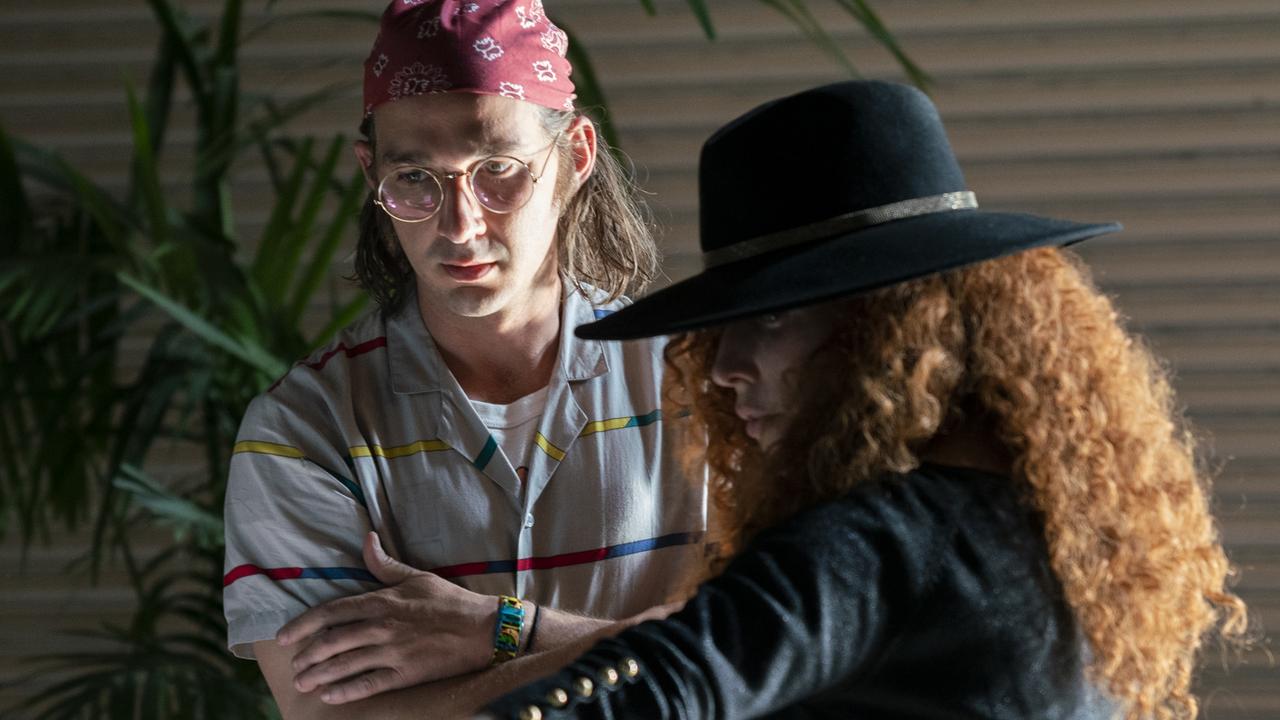
Honey Boy is a semi-autobiographical story of LaBeouf’s early years, with actors Noah Jupe and Lucas Hedges playing the 12-year-old and 22-year-old versions of LaBeouf’s onscreen avatar.
At the centre of the film is this complex parent-child relationship of co-dependency and pain, striking at the heart of the haunting experiences of formative years spent with a volatile figure, and the effect that has on us as adults.
Har’el said LaBeouf’s decision to play his father in the film meant trying to understand how to deal with PTSD and the triggers that come from “playing your father and some of the most traumatic memories of your life”.
Har’el revealed LaBeouf was adamant he didn’t come to set when he wasn’t needed for a scene, and that he wasn’t around for the sequences involving Hedges playing the 20-something version of himself in rehab.
“I relied a lot on (Shia’s) therapist to get the information I needed to understand what happened there, and for Lucas to delve into it,” she said.
“It was a very complicated relationship to work with. But it was also a process of alchemy in some ways because it was breathing in pain and breathing out art and love.
“And the shoot was short enough, only 19 days. If it was any longer, I don’t know he would’ve made it.”
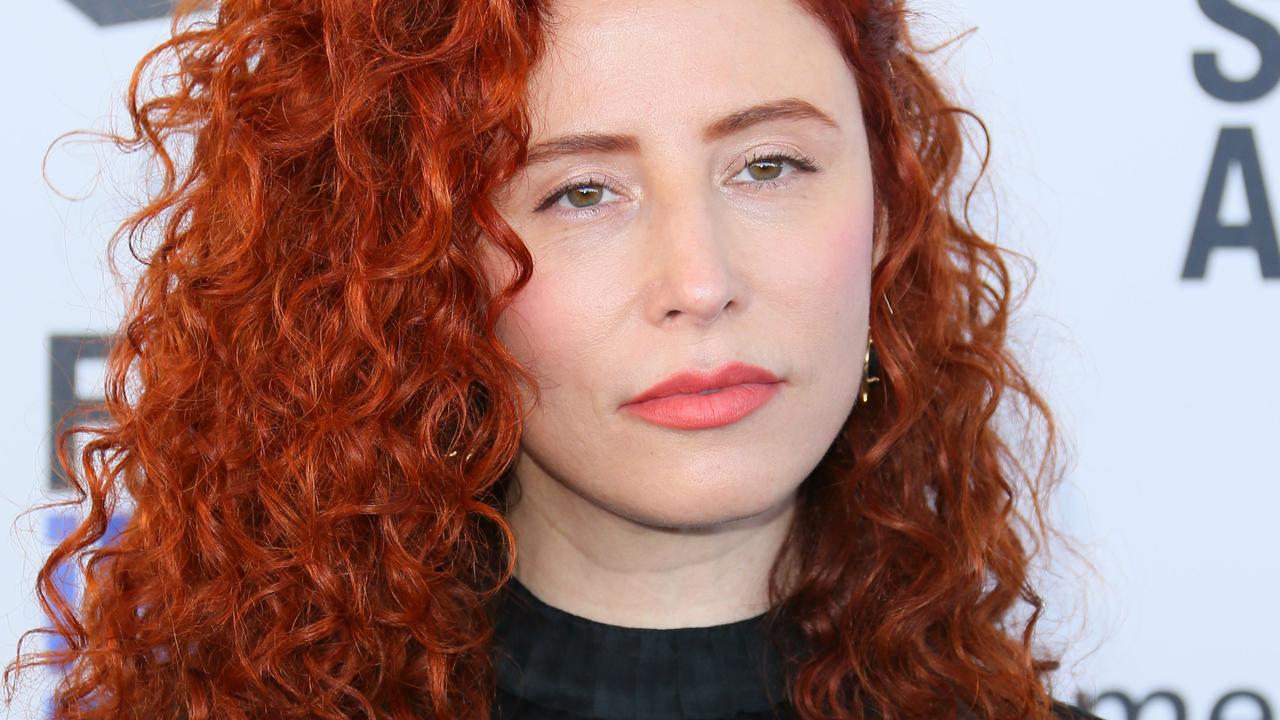
RELATED: The Invisible Man is a nerve-shredding experience
RELATED: Miss Fisher movie is a gift to fans
Har’el admitted that it wasn’t only her friendship with LaBeouf that drove her to take on the film.
“It was my own personal story and my connection (to his script) that felt close to home – my own relationship with my father who’s an alcoholic, and who still is. It’s this idea of having relationships that are so complicated – you have so much love for them, but also a lot of sorrow.
“Your wires are crossed at a young age, and your ideas of love and friendship and pain and responsibility are so f***ed up and mixed up with each other to the point that it takes decades for you to figure out what’s your role in a relationship with other people, or learning how to function in this world.
“I was interested in going back to the place where it all started, to see where those things become distorted.”
Har’el said working on Honey Boy has helped her examine and resolve some feelings she had about her own relationships that were still “alive and raw”.
“They were things I had worked on but I couldn’t look at them from the outside, and I think making Honey Boy gave me the opportunity to see some of those things and understand some of the dynamics that I participated in.”
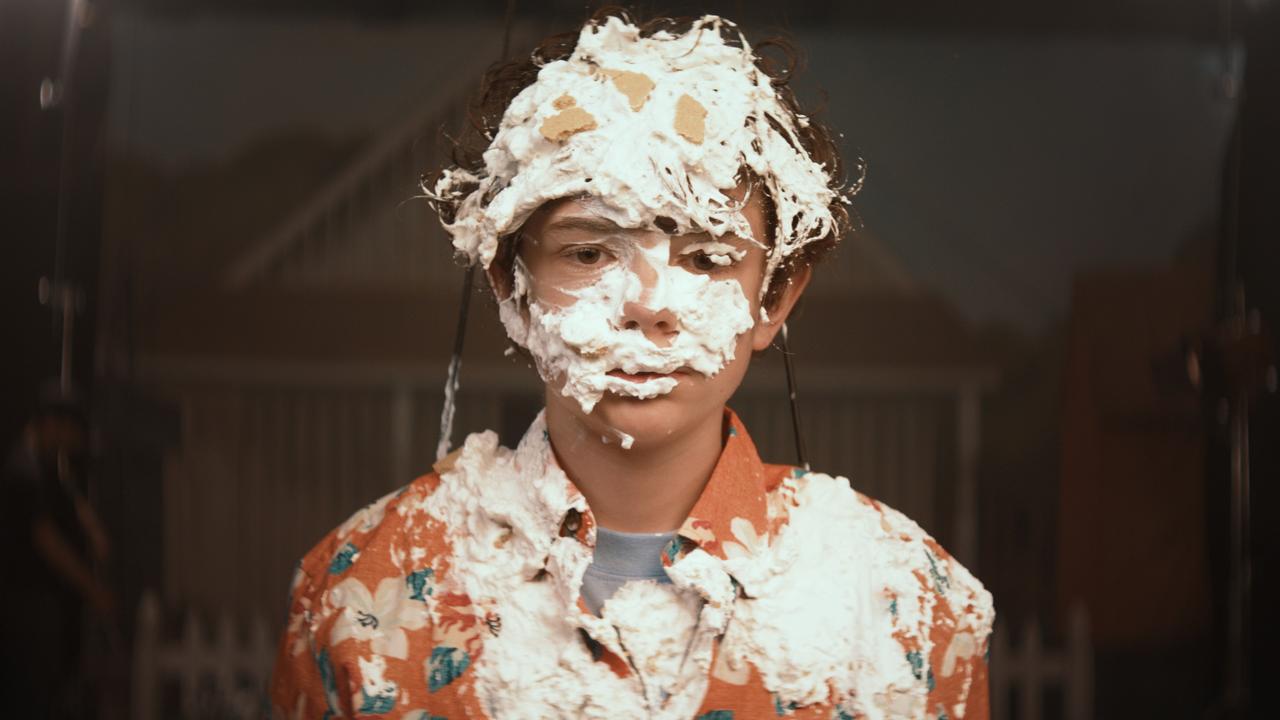
Since the film’s release, with its complex relationship between father and son, Har’el has heard many stories from fans of Honey Boy.
“It’s the thing I cherish the most about this film, its ability to connect with people who have gone through similar situations.
“It’s by sharing your experiences again and again with people, and learning how to deal with those things over the course of your life, you can become the person you want to be. It’s extremely special to see these reactions and to share it with people.”
Last month, Har’el won the Directors Guild Award for the best first-time feature for Honey Boy. It was a bright spot during an awards season plagued by accusations of gender disparity when it came to acknowledging female directors for accolades.
The Oscars have only ever nominated five female directors in its 92-year history, and declined to add to those ranks this season just past despite a formidable slate of films helmed by women.
Har’el was among the cohort of names – others include Greta Gerwig, Lulu Wang, Celine Sciamma, Marielle Heller, Lorene Scafaria and Mati Diop – that would be mentioned in frustration as filmmakers who made critical and audience favourites this past year.
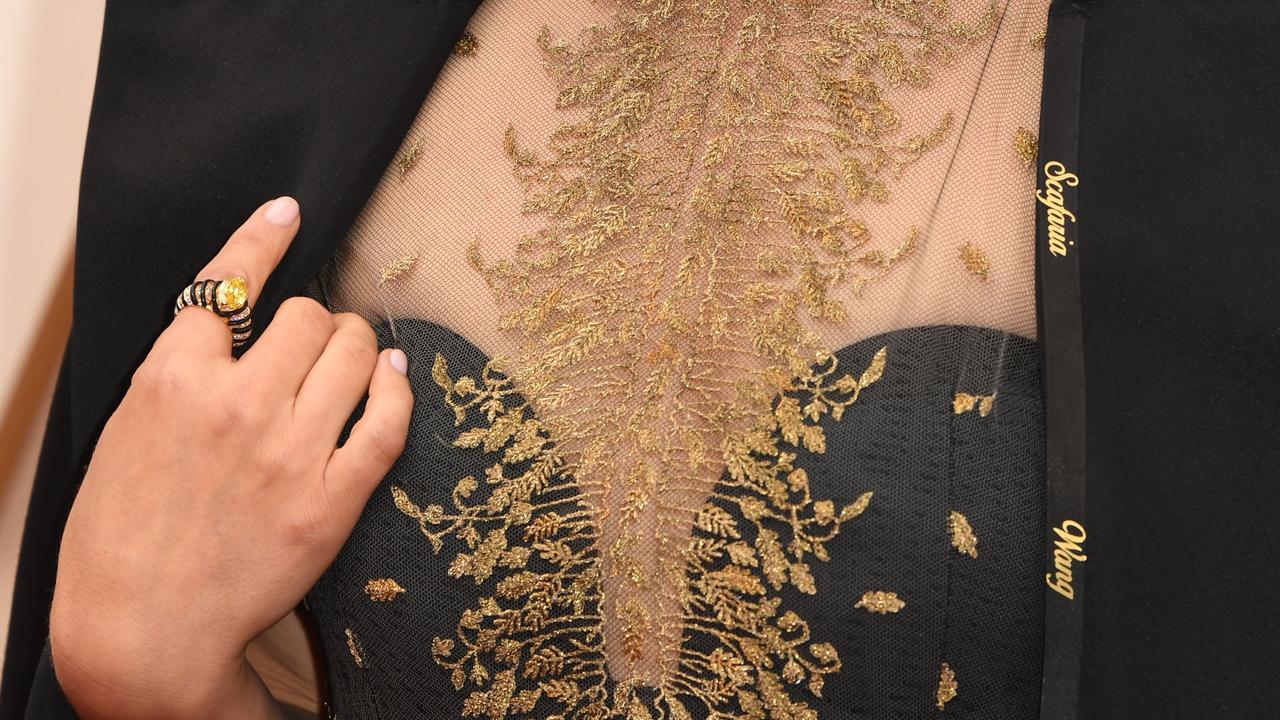
RELATED: Florence Pugh reacts to Greta Gerwig’s Golden Globes snub
RELATED: Most egregious Golden Globes snubs
Her name was one of the many embroidered on Natalie Portman’s gown at the Oscars, and Har’el has been quick to call out the industry’s unwillingness to be more open, notably when she gave an interview to Variety which accused the Golden Globes voting body of being more swayed by being pampered than by new voices.
She said that for many people, they can’t seem to connect the dots between the dearth of female filmmakers being recognised for great work with their own bias.
“There is such a thing as bias, and there is such a thing as people underestimating the worth of women. We’re not only talking about directing, but as something inherent in our culture, in all aspects of life.
“We underappreciate what women do in this world, from how they operate as mothers, and the compensation they should be getting. They’re celebrated less, they’re not as easily called geniuses and visionaries. They are forgotten and written out of history. It’s something I want to work on general, not just in directing.”
To that end, Har’el launched Free the Work, a talent database for under-represented creatives across the industry, from directors to colourists.
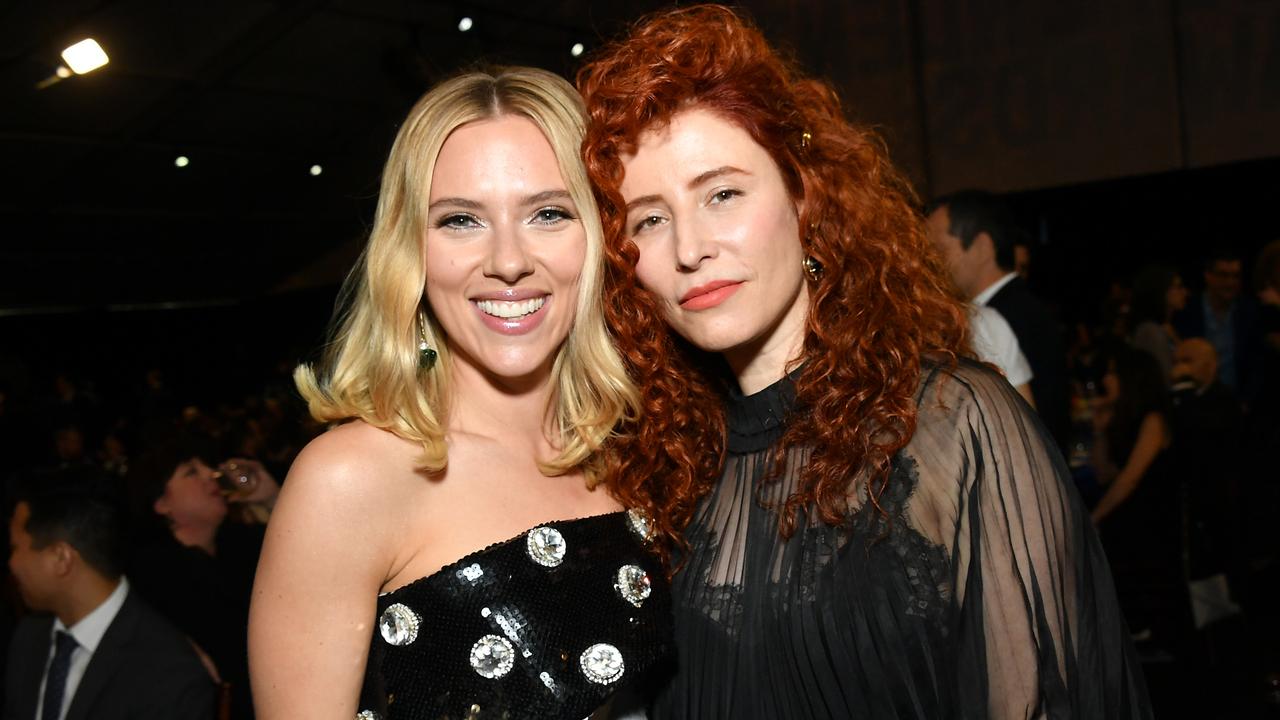
“When you see over the course of a hundred years, or 92 years or whatever it is, only five women were nominated, then hopefully it rings true to some people – logic is stronger than defence mechanisms.
“But those people whose defence mechanisms are stronger than logic are really hard to convince of anything, those people usually join last. But we’re trying to speak to those that we can count on to see the truth.”
Since the attention heaped on her from Honey Boy, Har’el said she has been approached with many more opportunities to direct her next feature, from superhero movies to indie films, and many of them already have the financing in place.
But, she said, the true measure will be whether or not she will be supported when she wants to direct her own scripts.
“Am I going to get the same support as a man would get? I think it’s easier for us to see men as auteurs and women as someone we need to use for the system’s purposes or for the vision of a man of who he thinks she should be. I’ll discover soon enough.”
Honey Boy is in cinemas now
Share your movies and TV obsessions | @wenleima


